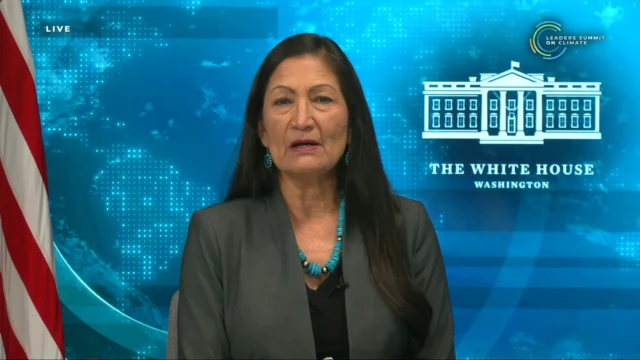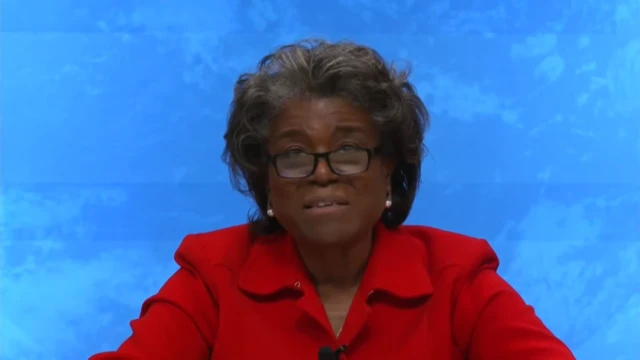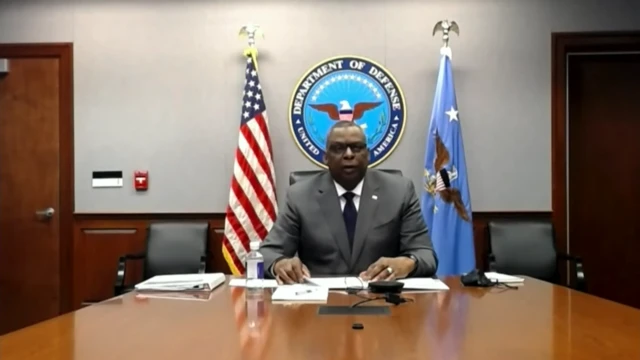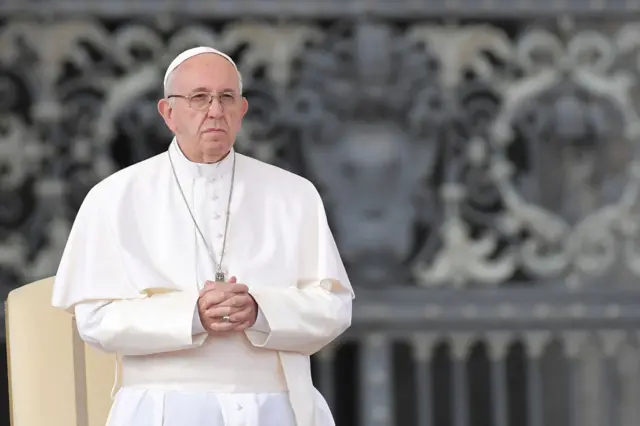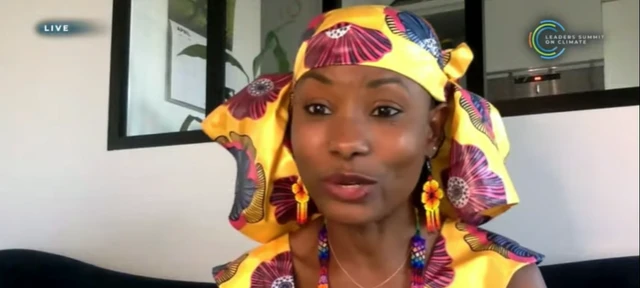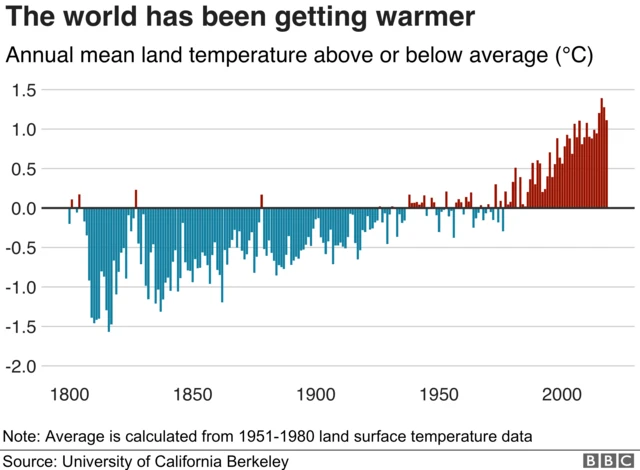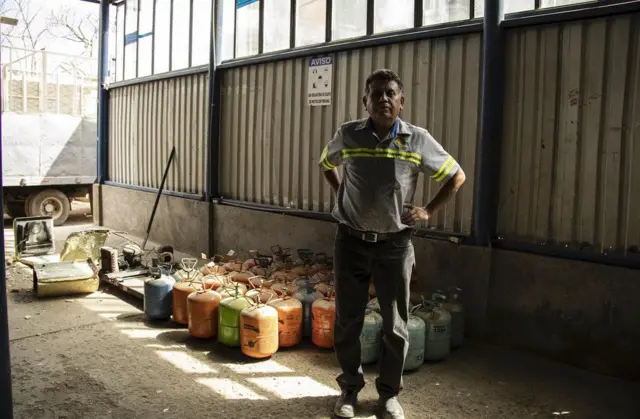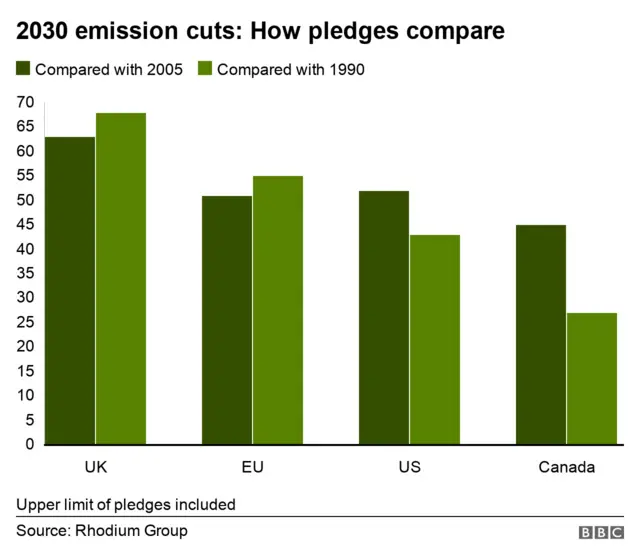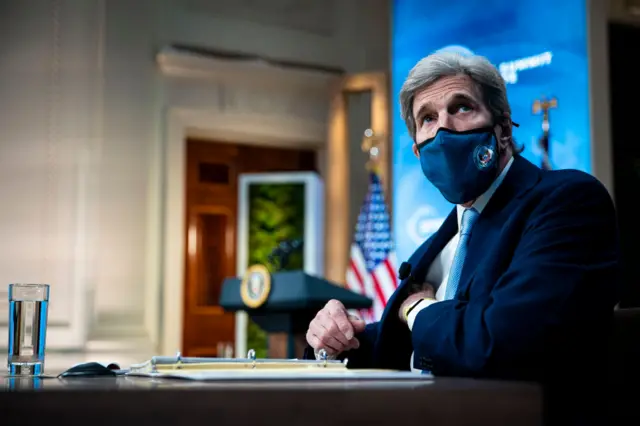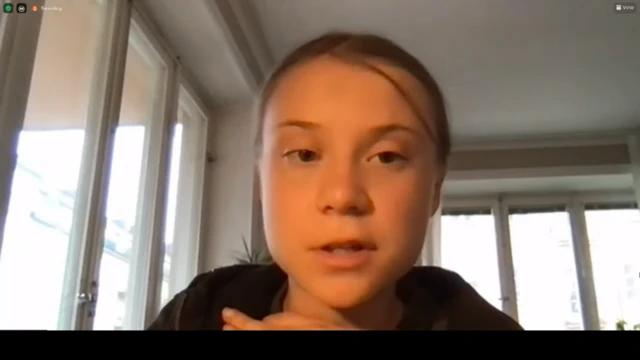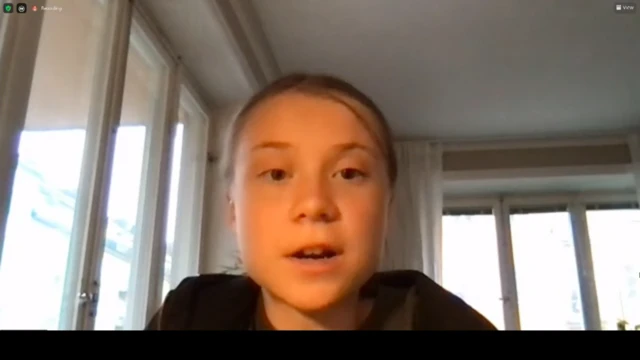That's all for todaypublished at 20:45 BST 22 April 2021
Day One of the White House's Earth Day climate summit has now ended.
Over six sessions, we heard from leaders, officials and activists from more than 40 countries, including top officials in the Biden administration.
Day Two takes place tomorrow, with two final sessions.
Thanks for following our reporting and analysis. Live coverage was brought to you by Marianna Brady, Holly Honderich and Sam Cabral, and edited by Paul Rincon, Helen Briggs and Mark Kinver.
